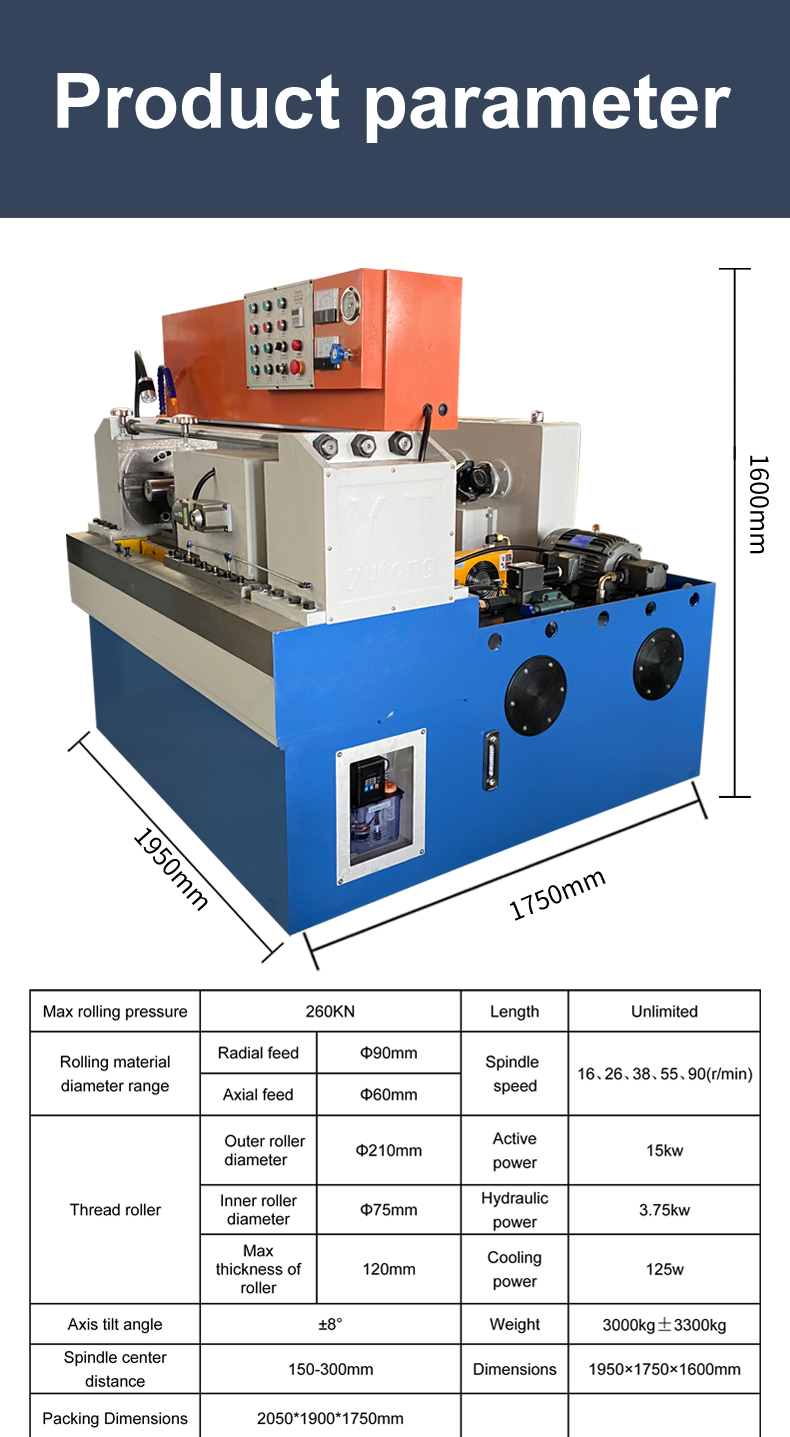
-
 Afrikaans
Afrikaans -
 Albanian
Albanian -
 Amharic
Amharic -
 Arabic
Arabic -
 Armenian
Armenian -
 Azerbaijani
Azerbaijani -
 Basque
Basque -
 Belarusian
Belarusian -
 Bengali
Bengali -
 Bosnian
Bosnian -
 Bulgarian
Bulgarian -
 Catalan
Catalan -
 Cebuano
Cebuano -
 Corsican
Corsican -
 Croatian
Croatian -
 Czech
Czech -
 Danish
Danish -
 Dutch
Dutch -
 English
English -
 Esperanto
Esperanto -
 Estonian
Estonian -
 Finnish
Finnish -
 French
French -
 Frisian
Frisian -
 Galician
Galician -
 Georgian
Georgian -
 German
German -
 Greek
Greek -
 Gujarati
Gujarati -
 Haitian Creole
Haitian Creole -
 hausa
hausa -
 hawaiian
hawaiian -
 Hebrew
Hebrew -
 Hindi
Hindi -
 Miao
Miao -
 Hungarian
Hungarian -
 Icelandic
Icelandic -
 igbo
igbo -
 Indonesian
Indonesian -
 irish
irish -
 Italian
Italian -
 Japanese
Japanese -
 Javanese
Javanese -
 Kannada
Kannada -
 kazakh
kazakh -
 Khmer
Khmer -
 Rwandese
Rwandese -
 Korean
Korean -
 Kurdish
Kurdish -
 Kyrgyz
Kyrgyz -
 Lao
Lao -
 Latin
Latin -
 Latvian
Latvian -
 Lithuanian
Lithuanian -
 Luxembourgish
Luxembourgish -
 Macedonian
Macedonian -
 Malgashi
Malgashi -
 Malay
Malay -
 Malayalam
Malayalam -
 Maltese
Maltese -
 Maori
Maori -
 Marathi
Marathi -
 Mongolian
Mongolian -
 Myanmar
Myanmar -
 Nepali
Nepali -
 Norwegian
Norwegian -
 Norwegian
Norwegian -
 Occitan
Occitan -
 Pashto
Pashto -
 Persian
Persian -
 Polish
Polish -
 Portuguese
Portuguese -
 Punjabi
Punjabi -
 Romanian
Romanian -
 Russian
Russian -
 Samoan
Samoan -
 Scottish Gaelic
Scottish Gaelic -
 Serbian
Serbian -
 Sesotho
Sesotho -
 Shona
Shona -
 Sindhi
Sindhi -
 Sinhala
Sinhala -
 Slovak
Slovak -
 Slovenian
Slovenian -
 Somali
Somali -
 Spanish
Spanish -
 Sundanese
Sundanese -
 Swahili
Swahili -
 Swedish
Swedish -
 Tagalog
Tagalog -
 Tajik
Tajik -
 Tamil
Tamil -
 Tatar
Tatar -
 Telugu
Telugu -
 Thai
Thai -
 Turkish
Turkish -
 Turkmen
Turkmen -
 Ukrainian
Ukrainian -
 Urdu
Urdu -
 Uighur
Uighur -
 Uzbek
Uzbek -
 Vietnamese
Vietnamese -
 Welsh
Welsh -
 Bantu
Bantu -
 Yiddish
Yiddish -
 Yoruba
Yoruba -
 Zulu
Zulu
Different Types of Thread Rolling Suppliers for Various Industrial Applications and Needs
Types of Thread Rolling Suppliers An Overview
Thread rolling is a popular method used in manufacturing to create external or internal threads on fasteners and other components. This process is efficient and cost-effective, leading to its widespread use across various industries, including automotive, aerospace, and construction. With the increasing demand for high-quality threaded products, the role of thread rolling suppliers has become crucial. This article will explore the various types of thread rolling suppliers and their contributions to the manufacturing sector.
1. OEM Manufacturers
Original Equipment Manufacturers (OEMs) are suppliers that produce thread-rolled products for other companies that integrate these components into their final products. OEM manufacturers often have advanced machinery and technology that enable them to produce high-precision threaded components tailored to specific client requirements. They typically have strong engineering support teams that can assist customers in designing and optimizing thread profiles, ensuring that the final product meets stringent quality standards.
2. Custom Thread Rolling Suppliers
Custom thread rolling suppliers provide specialized services for clients needing unique thread configurations not available in standard offerings. These suppliers excel in producing custom threads based on specific designs or materials. They employ experienced technicians and engineers who can read blueprints and offer bespoke solutions. Their flexibility and adaptability in meeting diverse customer requirements make them invaluable in industries that demand precision and quality.
3. Bulk Thread Rolling Suppliers
Bulk thread rolling suppliers specialize in high-volume production runs, catering to companies that require large quantities of threaded products. These suppliers invest in automated and high-speed thread rolling machines that enable them to produce thousands of parts quickly and efficiently. By offering economies of scale, bulk suppliers can provide competitive pricing without sacrificing quality. They serve industries like automotive manufacturing, where high volumes and consistent quality are paramount.
types of thread rolling supplier

4. Contract Manufacturers
Contract manufacturers provide thread rolling services as part of a larger suite of manufacturing capabilities. These suppliers often work on a contract basis, offering flexible production options for companies that need to outsource their thread rolling processes. By leveraging the contract manufacturer's expertise and facilities, companies can focus on their core competencies while ensuring that their component manufacturing needs are met efficiently. This type of supplier is particularly beneficial for businesses that experience fluctuating demands or do not have the capacity for in-house production.
5. Specialized Thread Rolling Services
Some suppliers focus exclusively on niche markets or specialized applications. These suppliers may offer unique thread rolling techniques, such as cold rolling, which can enhance the strength and durability of threaded components. They often work closely with clients in industries like aerospace or medical devices, where compliance with rigorous safety and quality standards is essential. Specialized suppliers are typically equipped with advanced technology to achieve the precise tolerances necessary for high-stakes applications.
6. Local vs. Global Suppliers
Thread rolling suppliers can be categorized into local and global players. Local suppliers often offer quick turnaround times and are more accessible for small to medium-sized companies looking for shorter lead times and personalized service. Conversely, global suppliers may have the advantage of economies of scale and cost efficiencies but may face longer shipping times and potential communication barriers. Businesses must weigh these factors when choosing a supplier that aligns with their operational needs.
Conclusion
Selecting the right thread rolling supplier is integral to ensuring the production of high-quality threaded components. Understanding the different types of suppliers available—ranging from OEMs to specialized services—can help businesses make informed decisions. As technological advancements continue to evolve the manufacturing landscape, the role of thread rolling suppliers will remain critical in driving efficiency, quality, and innovation in the production of threaded products.
